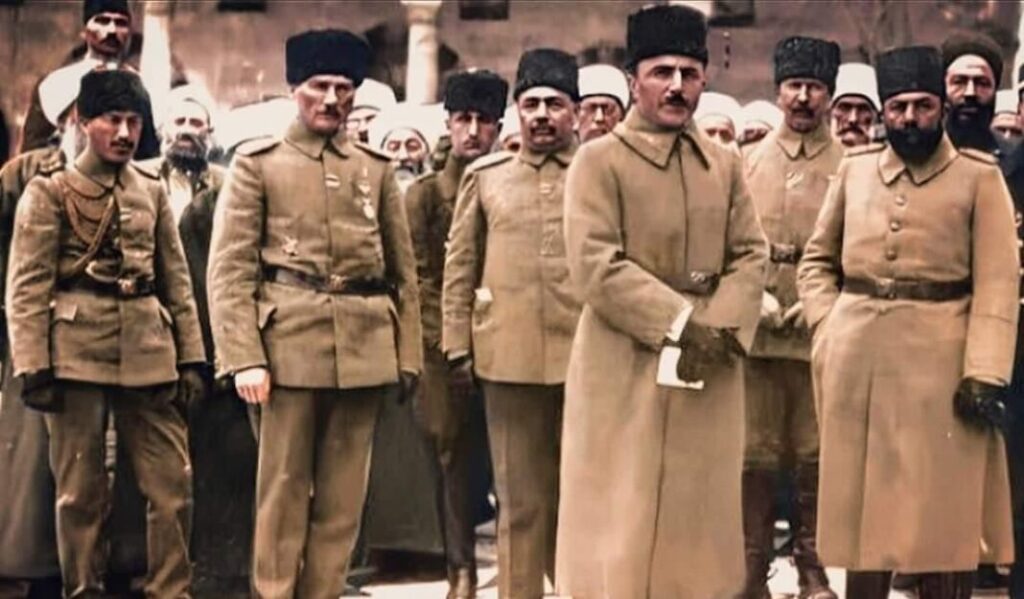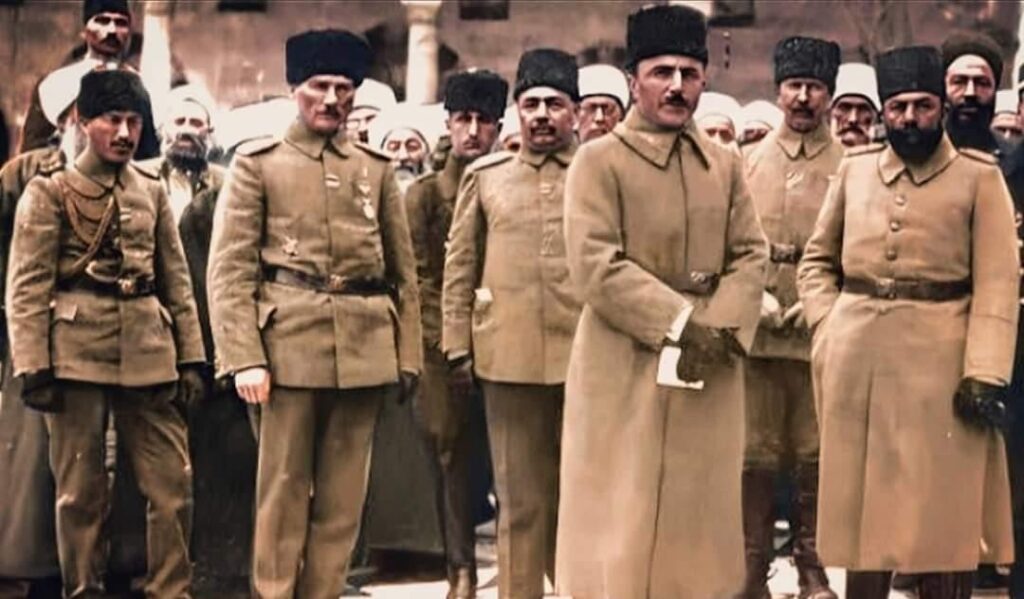Etyen Mahçupyan
The Turkish original of this article was published as ‘Bizde ilkeli muhalefet böyle olur’ on 24th June 2015.
As Prime Minister Davutoğlu said on the night when election results became clear, "all the pieces are falling into place." What he meant was that the artificially created instability on the surface would not last long, and Turkey's normalization process would continue. Just two weeks later, we are coming to understand that all such political pieces will be even more emphatically subject to the limits of reality. In other words, the illusory romantic restorationism of the first week is being cast aside. A coalition that excludes the AKP is neither meaningful, nor just, nor realistic.
For this the first reason is that the idea of a "restoration" is directly linked to demonizing the AKP, and reflects a revanchist undertaking. The opposition may have a common view of this or that law passed or various measures undertaken by the AKP. But a common ground against an AKP government in general has no convincing basis. Secondly, this sort of "project" implies a not exactly just demand vis-à-vis the Kurds. Today, the AKP is the only protagonist of the Solution Process. Hence the desire to push virtually out of politics would also mean postponing the Solution Process to an uncertain future, and most probably reversing it altogether. Let us not forget that at last week's Party Group meeting, the Kurdish question was not among the 14 principles enumerated by Kılıçdaroğlu as the CHP's conditions for a coalition! Under these circumstances, "restoration" implies an existential sacrifice for the Kurds to shelve the Solution Process and then to risk not being able to find a proper interlocutor ever again. This is something that the HDP cannot be expected to agree to. Thirdly, neither is this a realistic proposition, because it constitutes the only alternative (other than an early election) where the MHP would stand to lose. In short, "restoration" is purely a CHP project, although Kılıçdaroğlu appears to be incapable of creating even its minimal conditions.
The CHP's problem is simple enough… Its votes have been stagnating for years on end, which means that it has nothing to gain by going to the ballot box again and again. With the HDP emerging as a meaningful alternative, it is even possible for the CHP's constituency to be flaking off in piecemeal fashion with each subsequent election. Neither is remaining in opposition likely to benefit the party. It would be stuck in its time-worn "main opposition" role and discourse that has not been bringing it any votes all these years. A short-term coalition would also not work in favor of the CHP. It is likely to be seen as not having been able to retain power, and to have become no more than a prop for the AKP.
In short, the only meaningful alternative which might prove profitable for CHP is a long-term coalition with the AKP. Only in this way can it hope to prove itself yet again, to break out of its chronic opposition stance, and to make fresh contact with the masses. But so, what sort of position would you expect such a party to adopt prior to coalition talks? Certainly not one that is likely to make it more difficult to reach a possible agreement with the AKP. But this is not what Kılıçdaroğlu has done. At the CHP Group meeting, it was not a coalition but an election campaign speech that he delivered as he kept raising the bar. Perhaps he thought that he owed this to his constituency. Or else, he had become psychologically imbalanced enough to be swept along by all the hullabaloo about becoming prime minister.
In contrast, though, these are the actual dynamics of the situation: Each time the CHP or the MHP raise the bar, they also end up hardening the other's outlook on the AKP, thereby rendering a coalition more and more impossible. If both sides continue playing this game, we will inevitably have a re-election, which both parties are likely end up losing. Moreover, since it is the opposition that will be held responsible for the failure to form a coalition, the votes of the AKP will probably bounce back to an absolute majority level. That is when people will sit down to reconsider just how sagacious such "principled" politics has been, and thereby gain a deeper understanding of the opposition.
Yazıyı beğendiysen, patronumuz olur musun?
Evet, çok ciddi bir teklif bu. Patronumuz yok. Sahibimiz kar amacı gütmeyen bir dernek. Bizi okuyorsan, memnunsan ve devam etmesini istiyorsan, artık boş olan patron koltuğuna geçmen lazım.
Serbestiyet; Türkiye'nin gri alanı. Siyah ve beyazlar içinde bu gri alanı korumalıyız. Herkese bir gün gri alanlar lazım olur.


















